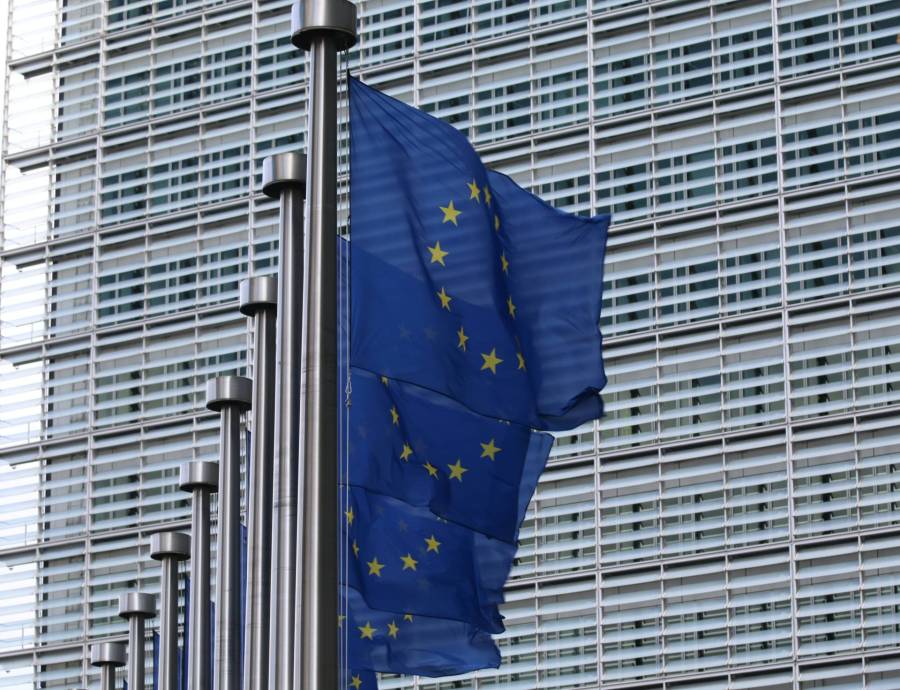Our fast developing technology landscape now includes artificial intelligence (AI). Concerns have been raised by industry executives as the European Union (EU) works to adopt comprehensive rules pertaining to AI. More than 160 international tech CEOs recently asked EU lawmakers to carefully evaluate the implications of AI rules on the industry and markets in an open letter. In this essay, we’ll look closer at the main arguments made by these business leaders and examine the continuing discussion about how to regulate AI in the European Union.
See also: ChatGPT: Everything You Need to Know and Timeline of Events
The business leaders were worried that the planned EU Artificial Intelligence Act will slow down innovation and hurt the region’s ability to compete globally. Heavily regulating generative AI tools is one of the primary concerns brought up in the letter. The executives claim that such restrictions would cause substantial compliance expenses for businesses working on AI technology development in addition to imposing legal concerns.
Provisions of the inaugural EU AI Act, voted by the European Parliament on June 14th, require tools like ChatGPT to report all AI-generated content. Concerns about the spread of false or harmful information online motivated these regulations. Some worry that imposing such restrictions may discourage creativity and hamper the advancement of AI.
Some AI services and products are explicitly banned under the proposed EU AI legislation. Complete prohibitions would be placed on the use of biometric monitoring, social scoring systems, predictive policing, “emotion recognition,” and untargeted facial recognition technologies. For privacy’s sake and to forestall any inappropriate use of AI, several bans have been enacted.
The open statement from tech leaders gives the industry a forum to express its concerns and shape discussions around the EU AI Act. It arrives at a pivotal time when businesses can still lobby for more permissive regulations from politicians.
European authorities have been actively engaged with prominent personalities from the tech industry who are shaping the discussion on how to regulate artificial intelligence. While Microsoft’s president was in Europe discussing AI legislation, OpenAI’s CEO, Sam Altman, met with European authorities in Brussels and expressed concern about the possible detrimental effects of over-regulation on the AI business.
The European Union’s top IT official has pushed for bilateral cooperation with the United States to create a non-binding “AI code of conduct.” While politicians work on more permanent legislation, this code of conduct can serve as a framework for ethical AI use. To ensure the responsible and ethical development of AI technology, collaboration between significant participants in the industry is essential.
The worries voiced by EU tech executives are not isolated incidents. In March, Elon Musk and over 2,600 other tech industry leaders and researchers published an open letter asking for a halt to artificial intelligence (AI) development and regulation efforts. This worldwide view emphasizes the need for AI legislation that is both innovative and risk-averse.
The effects of AI rules on the tech sector and the economy are far-reaching. Consumer and societal safety is of paramount importance, but regulations must be crafted in such a way as to not stifle creativity and development. Overregulation of artificial intelligence technologies could put European Union businesses at a disadvantage. The EU’s continued prominence as an AI innovation and investment hotspot depends on the bloc’s ability to strike the correct balance between competing interests.
First reported on CoinTelegraph










